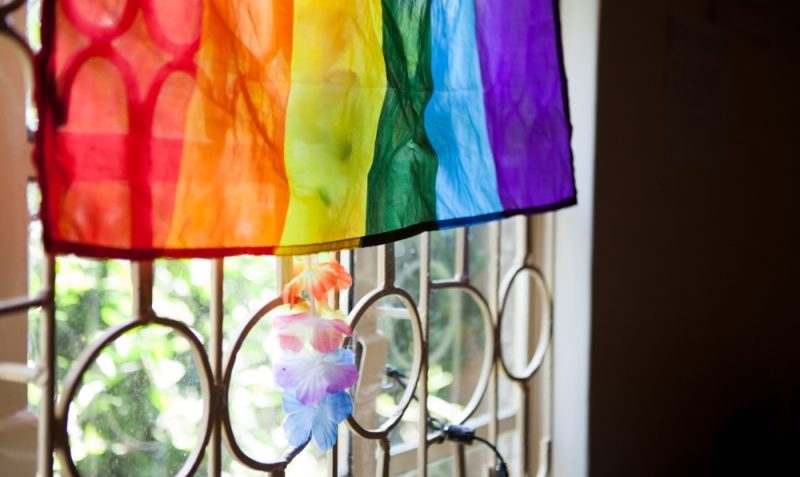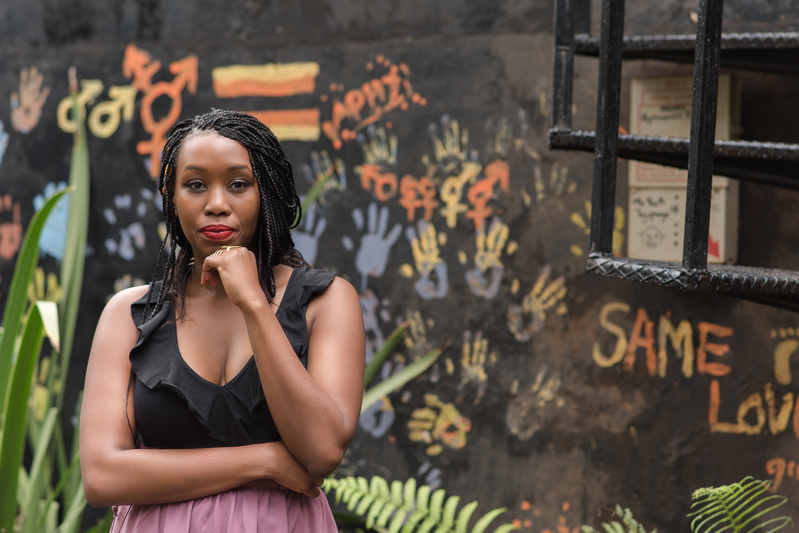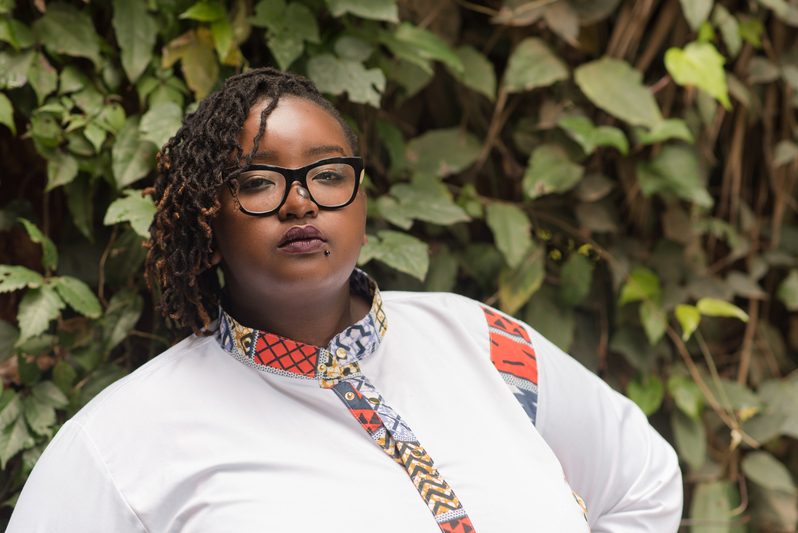A powerful protection: using the law to challenge rights violations
 © Corrie Wingate
© Corrie Wingate
LGBT activists in Kenya are using the law to challenge rights violations – and a landmark ruling is imminent.
In Kenya, people who are lesbian, gay, bisexual and transgender (LGBT) are awaiting a landmark ruling on whether the country’s current sexual offences laws are unconstitutional.
Between 2010 and 2014 close to 600 men were charged with having ‘carnal knowledge against the order of nature and indecent acts between adults’. Yet the laws that allow people to be charged for this offence are now being contested.
The case has been brought by the National Gay and Lesbian Human Rights Commission (NGLHRC), an Alliance PITCH project partner, the Gay and Lesbian Coalition of Kenya (GALCK) and the Nyanza, Rift Valley and Western Kenya LGBTIQ Coalition (NYARWEK).
Achieving equality
NGLHRC was founded in 2012 to affirm the ‘Kenyanness’ of LGBT people, achieve equality for sexual and gender minorities, and provide legal aid to those who experience human rights violations.
“What our legal aid centre sees year in, year out, is reports of sexual assault, physical assault, verbal assault, exclusion from social space and workplace discrimination, ‘corrective’ rape of lesbian women is another worrying trend,” says Kari Mugo, NGLHRC’s Operations Manager. “LGBT people are violated, simply because of their perceived or actual sexual orientation. This particularly affects Kenyans and refugees who have lower or middle incomes because they don’t have the same access to [legal or social] protection.”

NGLHRC began its decriminalisation case, commonly known as ‘Repeal 162’, in 2016. It was finally heard in February, with a date for the ruling due to be announced soon.
“When we formed, decriminalisation was always one of the moves we wanted to do, one of the milestones,” says Njeri Gateru, NGLHRC’s Head of Legal Affairs and one of its founders. “But we began by trying to expand the law as it stands to change the understanding of [the legal] protection of LGBT people.”
In 2010 Kenya adopted a new Constitution that emphasises human dignity and equality. NGLHRC argues that this protects all Kenya citizens, regardless of their sexual orientation and gender identity, and has used it to bring a number of cases to further LGBT rights. NGLHRC’s first major battle involved its right to exist.

“The NGO board, charged with registering nonprofits in the country, felt our organisation could not be registered with the words ‘gay’ and ‘lesbian’, which is something that we challenged,” says Kari. “The judge presiding over the case found in our favour. Crucially, he stated that popular morality cannot be used to limit the rights of a minority. Although the decision has since been appealed by the Attorney General, something we are fighting in the Court of Appeal, it set a legal precedent that we have used to take on decriminalisation.”
Another milestone came when NGLHRC challenged, and eventually won, the practice of forced anal examinations on people who are accused of same-sex relations. After losing the initial case, Kenya’s Court of Appeal found in NGLHRC’s favour in March this year.
“[Repeal 162] is not about same sex marriage, non-consensual same sex activity or sex with minors. It’s quite simply about consensual behaviour, about what the constitution allows adults to do in the privacy of their homes,” says Kari. “While the current laws are predominately used against LGBT people, they criminalise a whole bunch of sexual activity. For instance, masturbation is actually illegal in Kenya, which technically means that millions of people all across the country should be in jail.”
[Repeal 162] is not about same sex marriage, non-consensual same sex activity or sex with minors. It’s quite simply about consensual behaviour, about what the constitution allows adults to do in the privacy of their homes.
Both Kari and Njeri say they have been encouraged by how far-reaching interest in the case has been, and have seen support coming from some unexpected places.
“The courtroom was packed on all three days,” says Kari. “What we recognised, and are continuing to see, is a huge, broad base of support, both within Kenya and outside of the country. We’ve had media coverage in Spain, Argentina and Japan and saw a huge outpouring of support from people online. A former Chief Justice of Kenya’s Supreme Court, Willy Mutunga, actually tweeted something in support of the case. To see someone who is such an authority figure in Kenya on our side was very encouraging.
Consequences of the case
“In the Kenyan media we’ve seen attempts to portray the case as Western agenda, as something that is not wanted by the majority of Kenyans. Recently, there have been articles stating the number of homosexuals in Kenya is increasing and making a link with the case. So we are worried about what the media might be preparing Kenyans for.”
Njeri adds: “Although we haven’t observed a rise in violations due to the case being in court we are worried about what will happen when the ruling comes in, whether we have a victory or not.”
Although we haven’t observed a rise in violations due to the case being in court we are worried about what will happen when the ruling comes in, whether we have a victory or not.
The positive effect the case is having on other rights-based movements is something Kari and Njeri have also witnessed.
“Locally we are seeing a growing understanding that the law can be used as a way to fight for rights” explains Kari. “If we are successful, we will have legal recourse to stop rights violations from happening. And because Kenya is seen as a regional and continental leader, a positive ruling also has the potential to impact on how we look at LGBT people across Africa.
“But we do not think the case is going to end once the ruling is handed down. We think it’s one of those cases that is going to have to go to appeal and quite possibly the Supreme Court because of how divisive it is.”
Njeri adds: “We have no indication as to which way the ruling is going to go. All that we know is that we gave it a shot; we made the best presentation that we could to the court. We just have to be patient.”
For updates on the case follow NGHLRC on Twitter @NGLHRC.
PITCH is a strategic partnership between Aidsfonds, the International HIV/AIDS Alliance and the Dutch Ministry of Foreign Affairs.
This article was written as the International HIV/AIDS Alliance, before we changed our name to Frontline AIDS.
Tags
KenyaLGBTPITCHPolicy and legal


